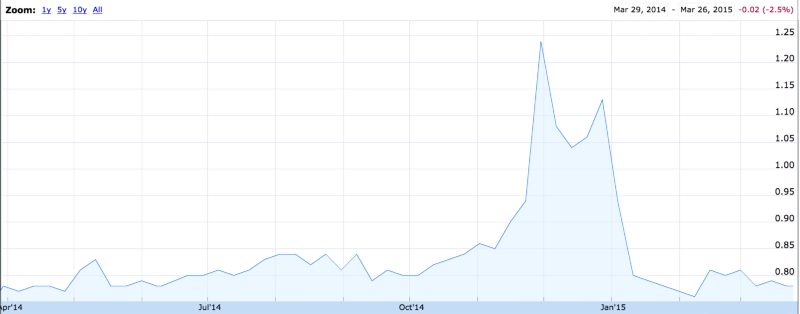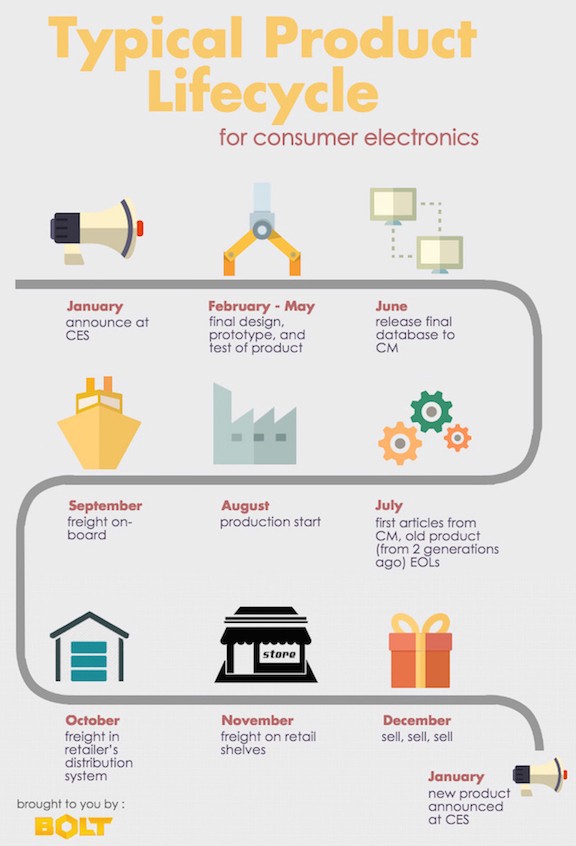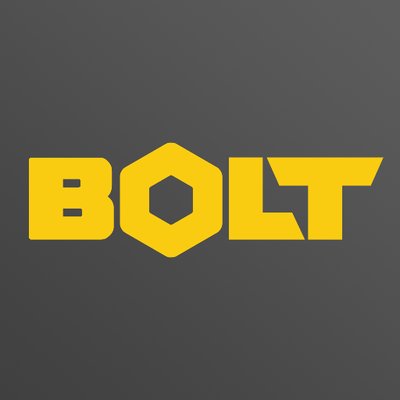
Being Jewish, this is an odd thing to say: I find myself promoting the importance of Christmas at least once a week. I don’t have tree-envy, and I’m into neither Jingle Bells nor mistletoe. So what gives?
Try as we might to change it, consumers in the United States (and increasingly around the world) purchase goods in very predictable ways. Certain things we buy more or less constantly: food, cars, houses, and Starbucks coffee to name a few. Nearly all of these are “necessary” for “survival” (especially the coffee). But consumer hardware startups primarily sell things that people desire but aren’t necessary to survive. There is really only one time every year when all of the Western world gets together to buy things we don’t need: Christmas.

This effect is far more pronounced than most startup founders realize.
Many big box retailers (Target, Best Buy, etc) actually lose money 10 out of 12 months per year.
But they make so much money in November and December, it makes being in business all year worthwhile. When I first learned this I was really surprised because I see people buying things in stores all year round but the data doesn’t lie. The first time I sold a consumer electronic product in retail, we sold 4 times as many units in November, and 6 times as many units in December as the rest of the year combined.
Christmas falls on the same day each year, which has the odd side effect of driving the entire product lifecycle for consumer goods. Most consumer electronic products have an 18 month EOL (end of life, when new products are no longer supplied to retailers). The typical lifecycle is:

If you miss Christmas, this entire timeline is offset. Of course, it’s still possible to successfully launch a product on a date other than Christmas, but chances are good that you won’t actually know if your product is a hit until your first holiday season. You’ll also create a few other nasty problems for yourself:
- Retailers will hate you
Just like customers, retailers expect when they order something it will show up. They set shelf space, advertising, training, and capital aside to sell your product. If it shows up late, they may not want to work with you again. My friends at Harmonix had a major crunch with their release of Guitar Hero when Best Buy sold their first entire product run far faster than they anticipated. Best Buy had to wait far longer than they would have liked to replenish shelves. If Guitar Hero hadn’t been such a successful game, Best Buy would have canceled their PO for the delays. - Sales will stagnate
Because sales are typically much slower in the months leading to November and December, launching products “off cycle” can make sales of even a successful product lackluster. Launching your product in February for example, means you have to have enough capital in the bank to survive “the long hard summer.” It’s much easier to demonstrate good sales traction when you have the maximum number of customers seeing your product. - Inventory will sit idle and you’ll go broke
One of the riskiest parts of a hardware company is the inventory liability you carry on your balance sheet. As a random example, in the earlier days of iRobot they had ~$40M of capital tied up in the Roomba supply chain at any given time (this comes from a $100 COGS x 40k units/wk x 10 weeks lead). The longer your inventory sits in a warehouse the larger this liability can get. - Team gets demotivated
The single most motivating event for founders and employees is putting product in the hands of customers. There really isn’t a feeling better in the world than watching someone buy a product that was once an idea in your head. Failing to ship a product is extremely stressful and taxes the founders and the team. You never want your team to feel demotivated.
So be careful! The majority of the hardware startup battle is won with awareness. Understanding how the typical product development/retail timelines work can greatly help ensure you don’t stumble when it comes to timing. Santa NEVER misses a Christmas and you shouldn’t either.
Ben Einstein was one of the founders of Bolt. You can find him on LinkedIn.
Bolt invests at the intersection of the digital and physical world.
